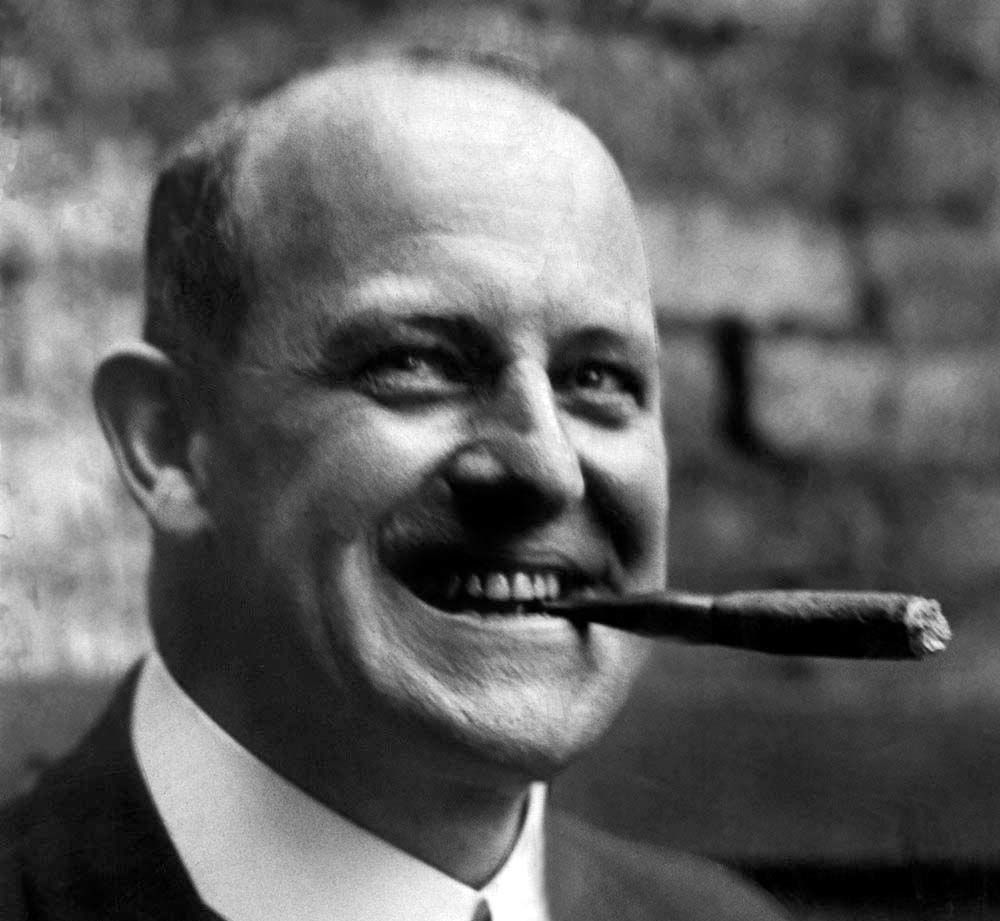PG Rated
Here's an interview with P. G. Wodehouse in The Paris Review. (Done when he was well into his 90s.) I read a lot of Wodehouse in law school. It was literally comic relief.
He's one of the best comic writers in the English language. He may not be the deepest, but he sure knows how to keep you reading.
Here's part of the reason, according to the man himself:
...always get to the dialogue as soon as possible. I always feel the thing to go for is speed. Nothing puts the reader off more than a great slab of prose at the start. I think the success of every novel--if it's a novel of action--depends on the high spots. The thing to do is to say to yourself, "Which are my big scenes?" and then get every drop of juice out of them. The principle I always go on in writing a novel is to think of the characters in terms of actors in a play. I say to myself, if a big name were playing the part, and if he found that after a strong first act he had practically nothing to do in the second act, he would walk out. Now, then, can I twist the story so as to give him plenty to do all the way through? I believe the only way a writer can keep himself up to the mark is be examining each story quite coldly before he starts writing it and asking himself if it is all right as a story. I mean, once you go saying to yourself, "This is a pretty weak plot as it stands, but I'm such a hell of a writer that my magic touch mill make it okay," you're sunk. If they aren't in interesting situations, characters can't be major characters, not even if you have the rest of the troop talk their heads off about them.


4 Comments:
Remarkable. I have to say, I have always thought you are as interesting as Wodehouse himself.
(Well, that's poorly phrased. But for you I wouldn't know who Wodehouse was.)
SWMBCg, etc,
Thanks, I guess.
I've mentioned this before but in a Wodehouse biography I read 7 or 8 years ago, I remember it was reported he drove himself crazy over the plots of his novels. I thought this was odd since, you never really remember the plots but more the characters, dialogue, descriptions and set pieces. This interview goes to show (I think) that even if the plots are ultimately not important to the reader, they were important to him as architecture of the whole story and made all the other story come to the front and work.
He admits the humor comes from his characters, but when you read his novels, they move forward quite well due to their plots (often with cliffhangers at the end of each chapter to keep you going).
Post a Comment
<< Home